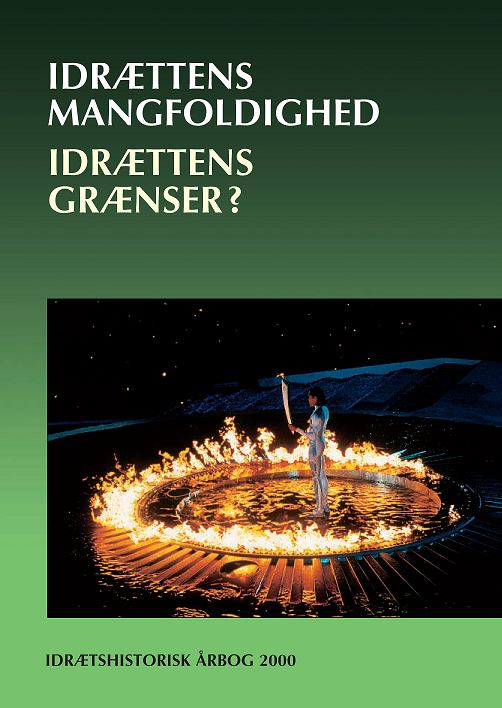'Kampen mellem Bananen og Bøffen'. Krop, kost og sundhed primo 1900
DOI:
https://doi.org/10.7146/ffi.v16i0.31748Resumé
Et historisk tilbageblik på Politikens sportskonkurrence mellem vegetarer og kødspisere i 1908 med perspektiveringer til samtidens sportsjournalistik og konkurrencen som fremskridtsfænomen.
The Beefsteak and the Banana
In June 1908 the Copenhagen newspaper, Politiken, organised a long distance race over no less than 840 kilometres! Using Copenhagen as its starting point, competitors were to run twice round the island of Zealand. The purpose was to provide an answer to the question: “Was a vegetarian or a meat-eater best equipped to endure the heat wave that hung at that time over the entire country?” The race took place and attracted a great deal of attention. Carl Hector, meat-eater, also called by the newspapers ‘The Beefsteak’, beat S.M. Brecktvoldt, vegetarian, whom the papers dubbed ‘The Banana’.
The manner in which the event was handled in the Politiken provides an outline of the modern newspaper both in regard to its journalism and to its relationship with its readership and history. The race was a sporting event created by the media, which is normal today and even in 1908 was not unusual. At the same time as a sporting competition it was at some remove from the usual norms, standards and co-operation of the sporting world. Furthermore, it was not simply the victor’s prize in a sporting competition that was at stake but, according to the newspaper, victory or defeat for a particular way of life. The race bore living witness to views of science and health which are indicators of fundamental elements in the process of modernisation which Denmark was in the process of going through at the time. Lastly the process shows how even in newspaper articles the body can be regarded as a symbolic system, as a metaphor for society.
Downloads
Publiceret
Citation/Eksport
Nummer
Sektion
Licens
Forfattere, der publicerer deres værker via dette tidsskrift, accepterer følgende vilkår:
- Forfattere bevarer deres ophavsret og giver tidsskriftet ret til første publicering, samtidigt med at værket er omfattet af en Creative Commons Attribution-licens, der giver andre ret til at dele værket med en anerkendelse af værkets forfatter og første publicering i nærværende tidsskrift.
- Forfattere kan indgå flere separate kontraktlige aftaler om ikke-eksklusiv distribution af tidsskriftets publicerede version af værket (f.eks. sende det til et institutionslager eller udgive det i en bog), med en anerkendelse af værkets første publicering i nærværende tidsskrift.
- Forfattere har ret til og opfordres til at publicere deres værker online (f.eks. i institutionslagre eller på deres websted) forud for og under manuskriptprocessen, da dette kan føre til produktive udvekslinger, samt tidligere og større citater fra publicerede værker (se The Effect of Open Access).





